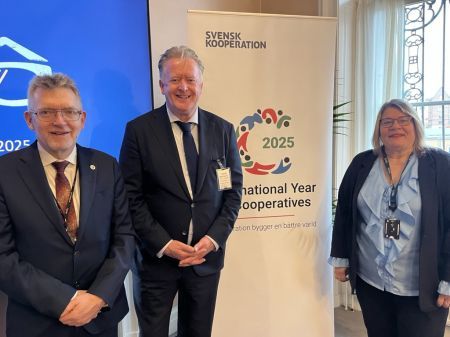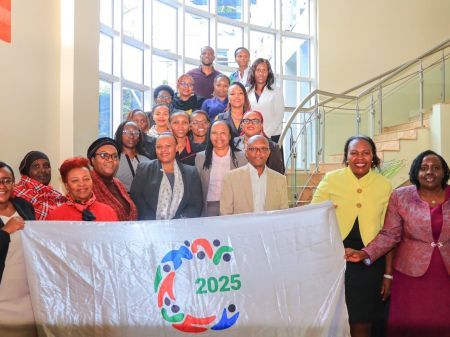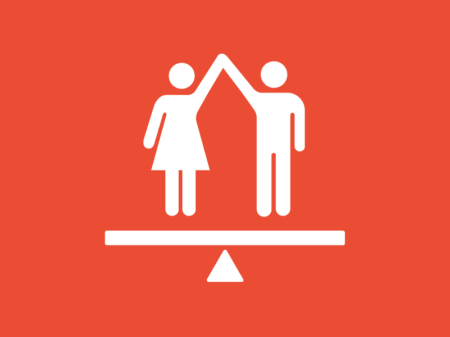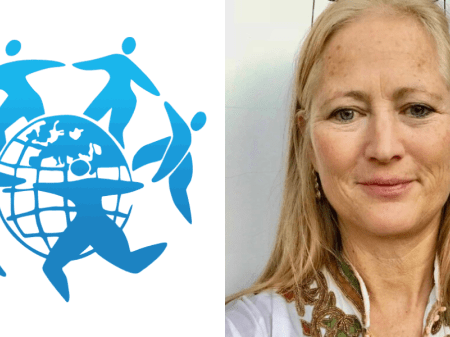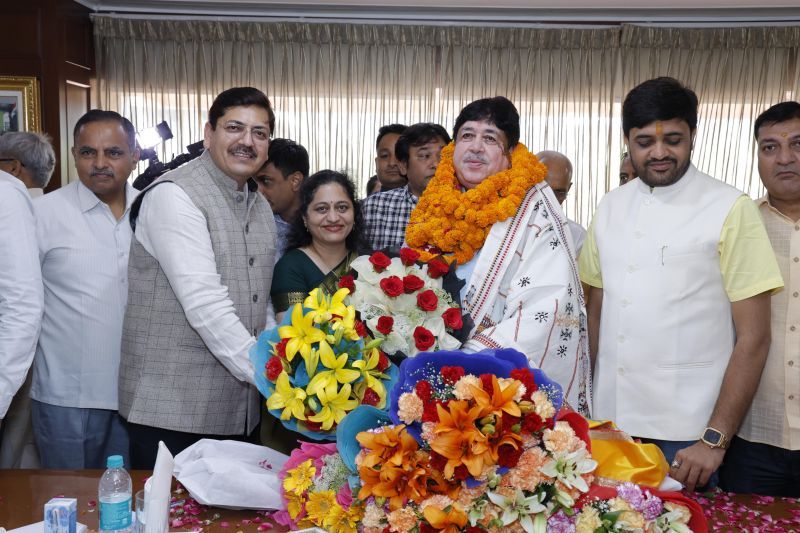
The 2024 ICA Global Conference in New Delhi is being hosted by the Indian Farmers Fertiliser Cooperative Limited – IFFCO – a multi-state cooperative society engaged in the manufacture and marketing of fertiliser in close cooperation with the wider cooperative movement of India. Founded in 1967 by 57 member cooperatives, with deep roots in national and international cooperation among cooperatives, the organisation has spent over 55 years empowering farmers and connecting India's agricultural grassroots. Today it is the biggest cooperative in the world by turnover on GDP per capita with around 35,000 member cooperatives reaching over 50 million Indian farmers.
In April and May 2024, IFFCO faced the monumental task of holding its first elections since the establishment of India’s Cooperative Election Authority (CEA) – and for the CEA, this was the largest election it had ever overseen. How does a cooperative that serves so many run fair and transparent elections?
The CEA was established on the back of 2023 amendments to India’s Multi-State Cooperative Societies Act 2002, to conduct and supervise the elections to the boards of multi-state cooperative societies. Before the amendments, cooperatives ran their own elections.
The entire two-month process (except polling), such as communications with member societies and receiving nominations. The scrutiny of nominations and the preparation of the voters list was done from the head-office in New Delhi, and all 177 election locations were connected virtually, with the whole process monitored live through a central command centre.
Democracy is a vital principle of cooperation and is particularly important at scale. The election process was aided by the launch of an election portal, “which was an important tool in ensuring that the elections had fair, equal, and transparent participation from all the members,” said IFFCO.
The portal held nomination forms, candidate details, voter lists and other relevant information, and “marked a significant milestone, eliminating the need for a physical presence in Delhi for form submission or nomination filing,” added IFFCO.
“This streamlined approach reflects [our] commitment to inclusivity and accessibility for all member societies, regardless of their geographical location.”
A three-stage election
The first stage in the elections is the voting in of IFFCO’s Representative General Body (RGB), which consists of 1,000 members: 800 are elected from amongst member societies that have share capital of more than 1 lakh (100,000 Rupees, €1,118, £945, $1,197) and 200 from those with share capital below this. Out of 1,000 seats, 5% are reserved for women representing women cooperatives. IFFCO is the only organisation in India to do this at General Body level.
Next, the RGB elects the Members of the Board from different constituencies; out of 21 seats in 2024, polling was required for seven positions and 13 directors were elected unopposed.
The board then elects the chair and vice-chair. On 10 May 2024 at IFFCO Sadan, Saket, New Delhi, Shri Dileep Sanghani and Shri Balvir Singh were elected unopposed as the chair and vice-chair of the organisation.
IFFCO’s managing director, Dr US Awasthi, said the elections were “carried out in a fair and transparent manner” and congratulated Dileep Sanghani, Balvir Singh and all the board members for their valuable contributions.
“I also extended gratitude to all the cooperators and voters for their diligent participation in the election process,” he said.
Shri Dileep Sanghani, Shri Balvir Singh and Dr US Awasthi will all be in attendance at the Global Conference in New Delhi in November, and look forward to sharing their cooperative story with cooperators of the world.
Caption: From left: IFFCO leaders Dr US Awasthi (CEO), Shri Balvir Singh (vice-chair) and Shri Dileep Sanghani (chair)

